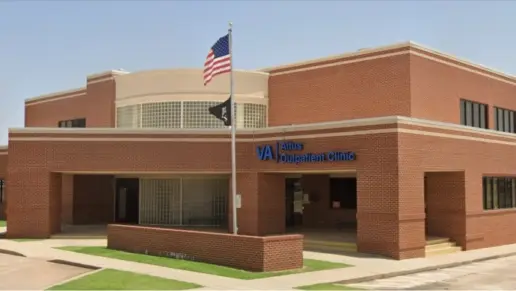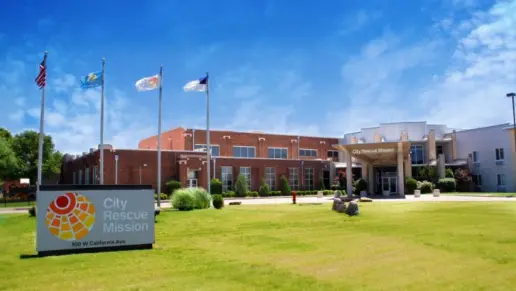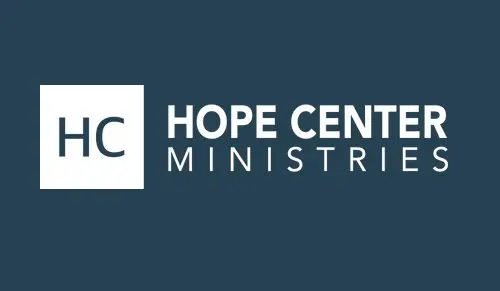They didn't help me work with my anger. Some of the staff members are extremely rude and I have witnessed them treated the clients rudely. Do not send your loved one here, they can get worse, not better.
About Varangon Academy
Varangon Academy is a dual diagnosis addiction treatment center in Norman, Oklahoma that offers treatment for adults and adolescents with substance use disorder and mental health conditions. They also provide important community services, including case management and community referrals.
Addiction services include mental health assessments and counseling, detox, intensive outpatient addiction treatment, inpatient dual diagnosis mental health and addiction treatment, partial hospitalization, and medication-assisted treatment (MAT).
Mental Health Assessment & Counseling
Staff use assessments to evaluate mental health status and addiction severity and any co-occurring disorders. Results inform individualized treatment planning. Therapeutic treatments include individual, group, and family counseling.
Inpatient Detox
The detox program allows patients to safely and comfortably detox from drugs and alcohol. After detox, clients are referred to an addiction treatment program.
Dual Diagnosis Mental Health and Addiction Treatment
Varangon Academy applies evidence-based practices to treat addiction and co-occurring mental health diagnoses. This treatment is available for adults (aged 18 and older) and adolescents (14 to 17). Treatment includes a comprehensive mental health assessment, which is followed by counseling, group work, 12-Step meetings, and psychoeducation.
Intensive Outpatient Program (IOP)
Participants attend individual and group treatment sessions for improved coping skills, peer support, and recovery support. Sessions are held three to four days per week.
Partial Hospitalization Program (PHP)
Participants in the PHP attend individual and group sessions most days of the week. PHP may be best suited to dual diagnosis treatments and acute substance use disorders.
Medication-Assisted Treatment
MAT includes counseling, support groups, and medication management in an outpatient setting. This treatment is appropriate for alcohol and opioid addictions.
Latest Reviews
Rehab Score
Gallery
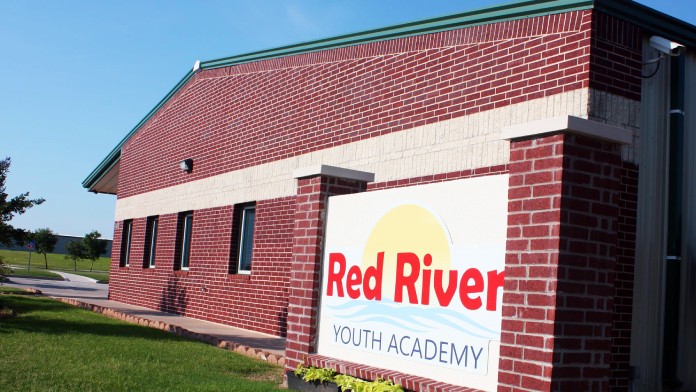
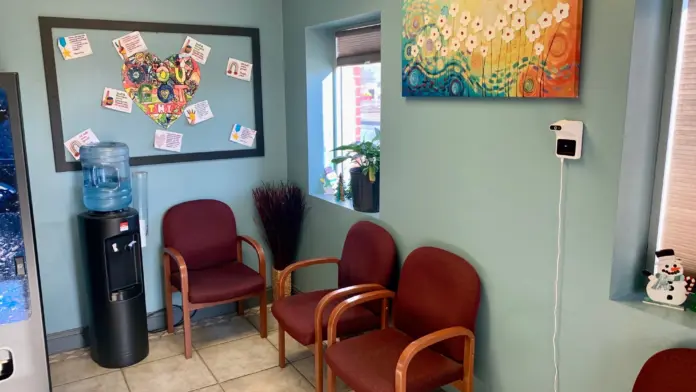
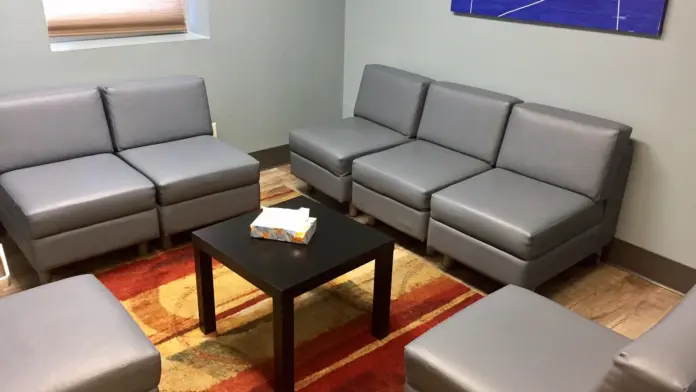
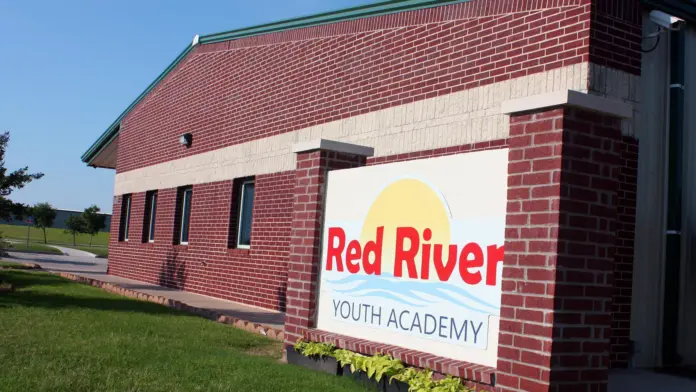
Location
Other Forms of Payment
Medicaid is a state based program that helps lower-income individuals and families pay for healthcare. Medicaid covers addiction treatment so those enrolled can use their coverage to pay for rehab. When a program accepts Medicaid the client often pays very little or nothing out of their own pocket.
Self-pay involves paying for treatment out of your own pocket. You can use savings or credit, get a personal loan, or receive help from family and friends to fund your treatment. If you don't have insurance or your insurance plan doesn't cover a specific program, self-pay can help ensure you still get the care you need.
Addiction Treatments
Levels of Care
Treatments
Many of those suffering from addiction also suffer from mental or emotional illnesses like schizophrenia, bipolar disorder, depression, or anxiety disorders. Rehab and other substance abuse facilities treating those with a dual diagnosis or co-occurring disorder administer psychiatric treatment to address the person's mental health issue in addition to drug and alcohol rehabilitation.
Mental health rehabs focus on helping individuals recover from mental illnesses like bipolar disorder, clinical depression, anxiety disorders, schizophrenia, and more. Mental health professionals at these facilities are trained to understand and treat mental health issues, both in individual and group settings.
Clinical Services
Cognitive Behavioral Therapy (CBT) is a therapy modality that focuses on the relationship between one's thoughts, feelings, and behaviors. It is used to establish and allow for healthy responses to thoughts and feelings (instead of unhealthy responses, like using drugs or alcohol). CBT has been proven effective for recovering addicts of all kinds, and is used to strengthen a patient's own self-awareness and ability to self-regulate. CBT allows individuals to monitor their own emotional state, become more adept at communicating with others, and manage stress without needing to engage in substance abuse.
Whether a marriage or other committed relationship, an intimate partnership is one of the most important aspects of a person's life. Drug and alcohol addiction affects both members of a couple in deep and meaningful ways, as does rehab and recovery. Couples therapy and other couples-focused treatment programs are significant parts of exploring triggers of addiction, as well as learning how to build healthy patterns to support ongoing sobriety.
Dialectical Behavior Therapy (DBT) is a modified form of Cognitive Behavioral Therapy (CBT), a treatment designed to help people understand and ultimately affect the relationship between their thoughts, feelings, and behaviors. DBT is often used for individuals who struggle with self-harm behaviors, such as self-mutilation (cutting) and suicidal thoughts, urges, or attempts. It has been proven clinically effective for those who struggle with out-of-control emotions and mental health illnesses like Borderline Personality Disorder.
Experiential therapy is a form of therapy in which clients are encouraged to surface and work through subconscious issues by engaging in real-time experiences. Experiential therapy departs from traditional talk therapy by involving the body, and having clients engage in activities, movements, and physical and emotional expression. This can involve role-play or using props (which can include other people). Experiential therapy can help people process trauma, memories, and emotion quickly, deeply, and in a lasting fashion, leading to substantial and impactful healing.
Research clearly demonstrates that recovery is far more successful and sustainable when loved ones like family members participate in rehab and substance abuse treatment. Genetic factors may be at play when it comes to drug and alcohol addiction, as well as mental health issues. Family dynamics often play a critical role in addiction triggers, and if properly educated, family members can be a strong source of support when it comes to rehabilitation.
Group therapy is any therapeutic work that happens in a group (not one-on-one). There are a number of different group therapy modalities, including support groups, experiential therapy, psycho-education, and more. Group therapy involves treatment as well as processing interaction between group members.
In individual therapy, a patient meets one-on-one with a trained psychologist or counselor. Therapy is a pivotal part of effective substance abuse treatment, as it often covers root causes of addiction, including challenges faced by the patient in their social, family, and work/school life.
Nutrition therapy, aka medical nutrition therapy (MNT), is a way of treating physical, emotional, and medical conditions through diet. Specific dietary plans are designed by professional nutritionists or registered dietitians, and patients follow them in order to positively affect their physical and mental health.
Trauma therapy addresses traumatic incidents from a client's past that are likely affecting their present-day experience. Trauma is often one of the primary triggers and potential causes of addiction, and can stem from child sexual abuse, domestic violence, having a parent with a mental illness, losing one or both parents at a young age, teenage or adult sexual assault, or any number of other factors. The purpose of trauma therapy is to allow a patient to process trauma and move through and past it, with the help of trained and compassionate mental health professionals.
Staff

Executive Director
Contact Information
3400 Deskin Drive
Norman, OK 73069
